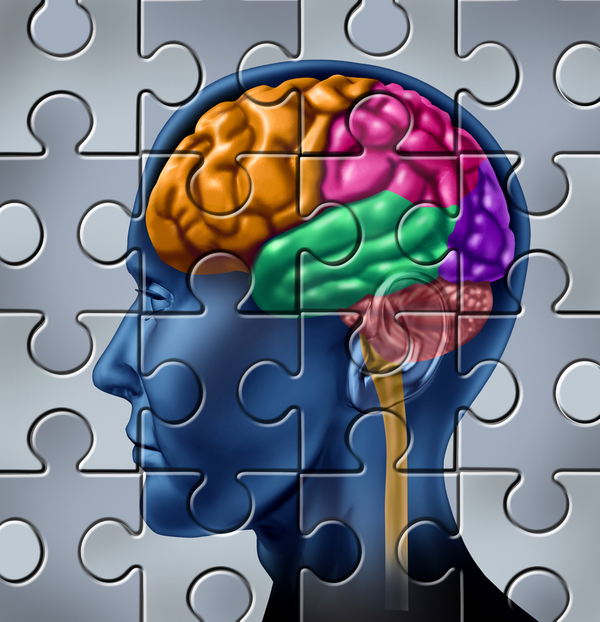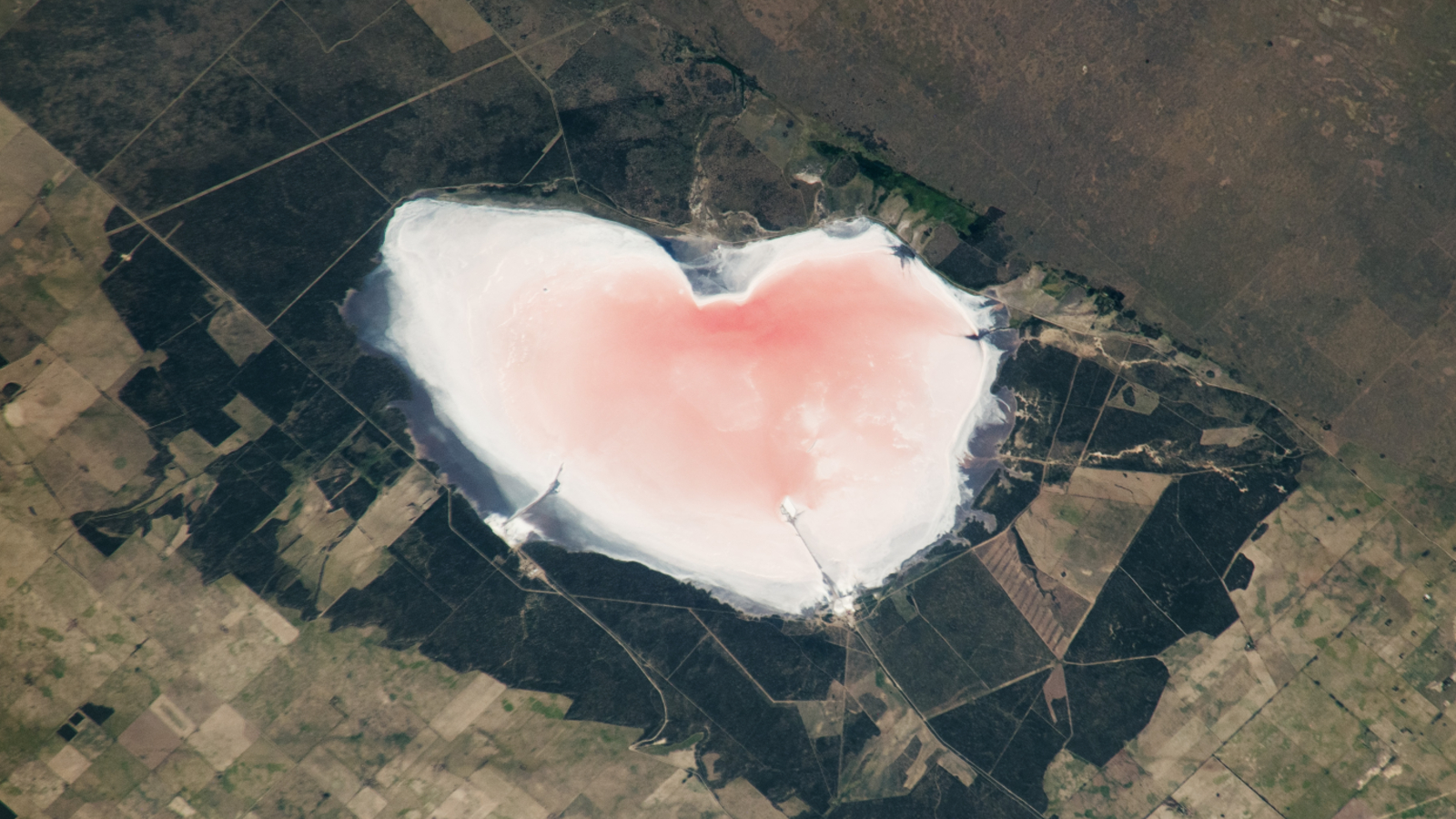How Good Are You at Remembering a Face? A New Test Tells

Get the world’s most fascinating discoveries delivered straight to your inbox.
You are now subscribed
Your newsletter sign-up was successful
Want to add more newsletters?

Delivered Daily
Daily Newsletter
Sign up for the latest discoveries, groundbreaking research and fascinating breakthroughs that impact you and the wider world direct to your inbox.

Once a week
Life's Little Mysteries
Feed your curiosity with an exclusive mystery every week, solved with science and delivered direct to your inbox before it's seen anywhere else.

Once a week
How It Works
Sign up to our free science & technology newsletter for your weekly fix of fascinating articles, quick quizzes, amazing images, and more

Delivered daily
Space.com Newsletter
Breaking space news, the latest updates on rocket launches, skywatching events and more!

Once a month
Watch This Space
Sign up to our monthly entertainment newsletter to keep up with all our coverage of the latest sci-fi and space movies, tv shows, games and books.

Once a week
Night Sky This Week
Discover this week's must-see night sky events, moon phases, and stunning astrophotos. Sign up for our skywatching newsletter and explore the universe with us!
Join the club
Get full access to premium articles, exclusive features and a growing list of member rewards.
Are you good at remembering faces and names? There's a quick test you can take to find out, while helping a group of memory researchers at the same time.
The 10-minute test flashes 56 pictures of different faces with a name underneath for two seconds each. Participants are told to try to learn the face-name pairs. In the second part of the test, faces and names pop up on the screen and test-takers have to indicate whether they've seen the person before.
"The hope is to learn more about how well people learn faces and names in the general population," Mary Pyc wrote in an email to LiveScience. Pyc is part of the psychology research team at Washington University in St. Louis behind the test. They say they're using a crowd-sourced approach to access a more diverse sample of participants than they would typically evaluate.
Pyc and her colleagues hope people will be driven to take part, if only to see how their face-name memory IQ stacks up against other test-takers.
"As an added bonus, learning faces and names is something everyone does every day, so we believed people would be interested to see how good they are at it compared to other people," Pyc said.
In fact, past research has shown when a person is down in the dumps they are better able to recognize various faces. Another study, detailed this year in the journal Brain, suggests there's a brain pathway that processes faces. In that study, scientists found those with a disorder called prosopagnosia that renders them unable to distinguish another's mug suffered a breakdown in this pathway.
The new test, which can be taken from a computer, smartphone, iPad and other mobile devices, just went online this week, and David Balota, another researcher involved in the project, said more than 1,000 people have already taken the test. Upon completing the test, participants are invited to retake the second part a day later.
Get the world’s most fascinating discoveries delivered straight to your inbox.
"In addition to better understanding memory for faces and names in a diverse population, we are interested in the range of memory on an immediate test, and how this is related to one's memory one day later," Balota told LiveScience in an email.
Pyc said the team plans to eventually write up the results for publication.
Follow LiveScience on Twitter @livescience. We're also on Facebook & Google+.

 Live Science Plus
Live Science Plus










